It has been different with our 3-year-old, Emma. Deb is still # 1. There's no doubt about that, but she hasn't rejected me the way Eric did at her age. It made me think about what I was doing differently.
|
Being # 2 is great most of the time. I get it. I'll take it. I'm not their mom. She's the sun. I'm the moon. I had plenty of experiences with our 12-year-old son, Eric, of being arbitrarily rejected and I've got to say that I dealt with it really well. I had my moments when I got fed up of pouring my heart and soul into this creature only to be summarily executed by a look in his eyes.
It has been different with our 3-year-old, Emma. Deb is still # 1. There's no doubt about that, but she hasn't rejected me the way Eric did at her age. It made me think about what I was doing differently. Yesterday, I was reading a new book with Emma about how Ganesha, the Hindu God, broke his tusk trying to bite down on a jaw-breaker laddoo (Indian sweet) even though his friend, Mr. Mouse, warned him not to. Ganesha got so upset that he tried to throw his tusk at the moon. It didn’t reach. Instead, it hit an old man in the head. The old man was the poet Vyasa, and he brought the tusk back to Ganesha, who apologized. They introduced themselves and Vyasa told Ganesha that it was an amazing coincidence because he had been looking for him as he needed a scribe to help him to write a very long poem that no human could have managed with all of the pens in the world. Ganesha volunteered as he was not human and loved stories, but he didn’t know what to write with. Vyasa told him to try writing with his tusk. He did and they proceeded to write the poem together. He also quickly fell back in love with his tusk.
Emma, who just turned three at the end of January, has a few things that fascinate her these days: excrement, animals and insects, books and extreme expressions of emotion (not necessarily in that order). She locked on to the fact that Ganesha was sad and upset when he broke his tusk and that he decided to throw it at the moon. She asked me a bunch of times what the moon did. I think she was checking to make sure that the moon was okay and to see if it was angry. The following article is from a talk that I gave on February 17 at my son's school in Austin, TX. Do you have the audacity to trust that you have infinite potential and capacity to change?
Do you have the courage to commit to being rooted in the present moment, to question and challenge the automatic, unconscious and reflexive thoughts, attitudes and behaviors that have constituted the accumulation of your experiences and beliefs and what you consider to be your personality? The more you think and feel certain things, the more you behave in certain ways, the more your attitudes and beliefs solidify, so much so that you don’t even have to think. If most of what you think and feel is based on your past experiences, habitual ways of thinking, feeling and being, then your future is already written by your past. Why are placebos so powerful?
How can a placebo produce the same physiological changes that happen with actual pills? Because thoughts, beliefs, expectations and meaning create change. If you believe that the sugar pill you are receiving is an actual pill that will treat or cure a given condition and you have that expectation and meaning and hope, it will likely not only impact your mental state, but it will also change your body chemistry in the same way that the pill would have. It's mind-boggling if you think about the implications of this. If it's not the pill that's changing your mental and physical condition; it's you! The mechanisms that keep us stuck in our habitual ways of being. start from the moment we are born based on the ongoing relationship with our environment, which is predominantly about our primary caregivers. We have needs and experiences like hunger, sleep and dirty diapers, and we communicate those needs as babies mostly by crying. We depend 100% on our primary caregivers to meet our needs. We cannot talk, so we depend upon them to have the ability and motivation to figure out what our needs are.
When we are hungry and get fed, we feel satisfied and taken care of and have the experience of a good fit between us and our environment. In fact, when we are little babies, there is no distinguishing for the baby between itself and the environment. This interplay of needs, expressions and reactions contribute to the first early emotions that we develop, mostly bodily sensations that are related to the hunger, being fed, sleepiness, pain, etc. |
Archives
March 2022
Categories |
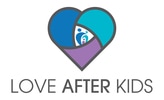
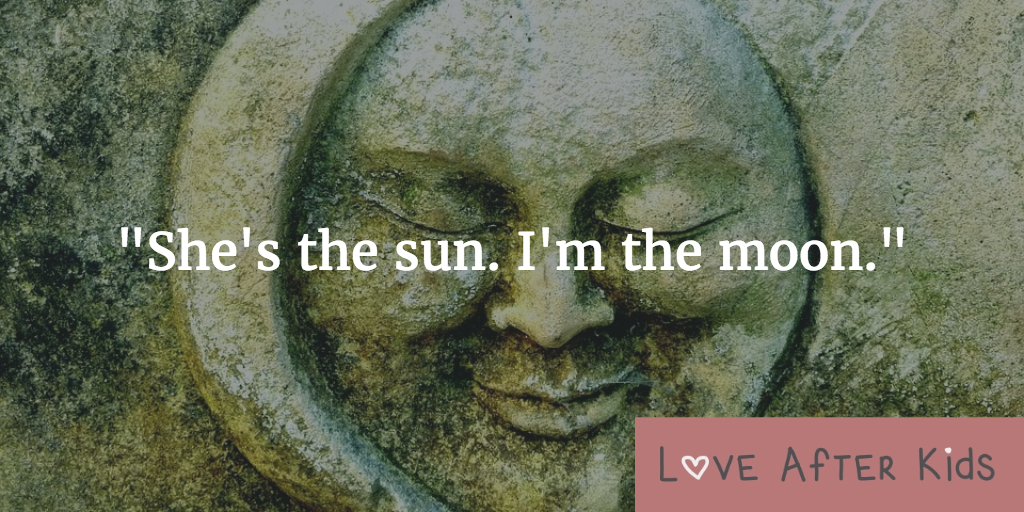
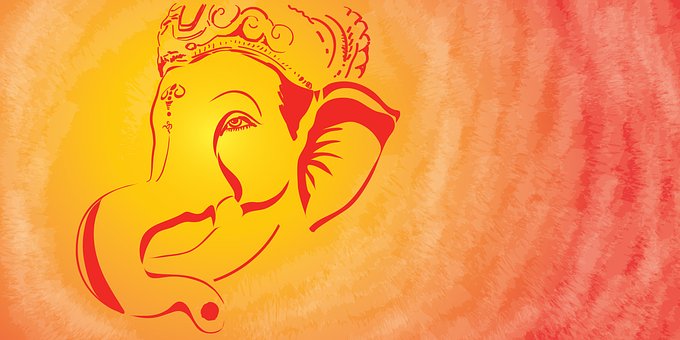
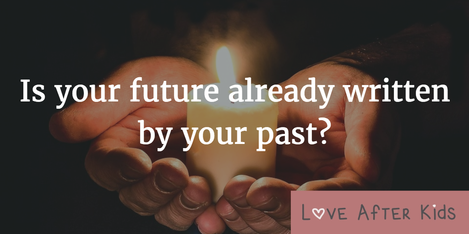
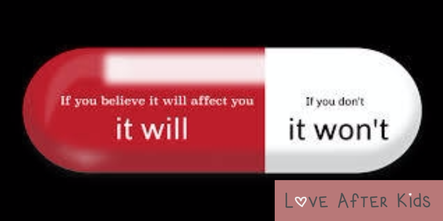
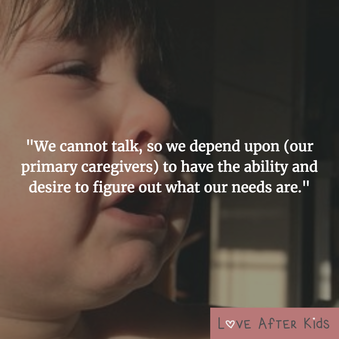
 RSS Feed
RSS Feed